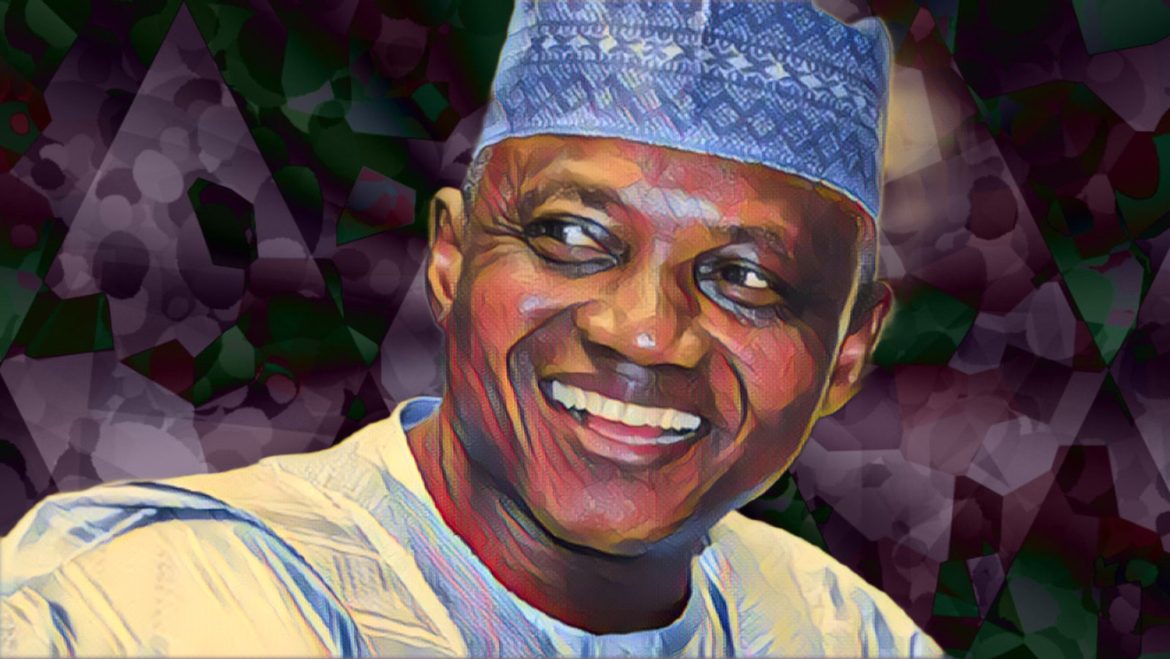Malam Garba Shehu, a former presidential aide, has called on Nigerians to moderate their expectations of President Bola Tinubu’s administration. Speaking at the 21st Daily Trust Annual Dialogue organized by Trust Media Group in Abuja, Shehu highlighted the need for a pragmatic approach to evaluating political leadership.
The ex-Presidential spokesman referred to former President Muhammadu Buhari as a “victim of the crisis of expectations,” suggesting that unrealistic public demands could hinder effective governance. “It’s vital for Nigerians to draw lessons from the Buhari era. We should start lowering our expectations of political leaders,” he stated.
Shehu emphasized the human limitations of leaders, underscoring that while they can achieve significant milestones, it is unrealistic to expect them to address every issue. “Leaders can do a lot, but it’s impossible for them to do everything,” he remarked.
Citing the accomplishments of the Buhari administration, Shehu pointed out the infrastructural developments that drastically reduced travel times in the Eastern Region. “Under Buhari, travel to the Eastern Region, which used to take three days, was cut down to about six hours thanks to massive infrastructure investment,” he explained.
He also referenced the government’s decision to ban rice imports, which led to a substantial increase in domestic rice production. “This ban boosted our agriculture sector, to the point where we not only met our needs but also supplied rice to the entire West African region,” Shehu added.
Shehu’s comments come at a time when Nigeria is navigating complex political and economic landscapes. His call for tempered expectations reflects a growing awareness of the challenges facing political leaders in delivering wide-ranging reforms and the need for public understanding and support.
As President Tinubu’s administration takes the helm, Shehu’s advice may set a tone for a more measured and realistic public discourse on governance and political accountability in Nigeria.


